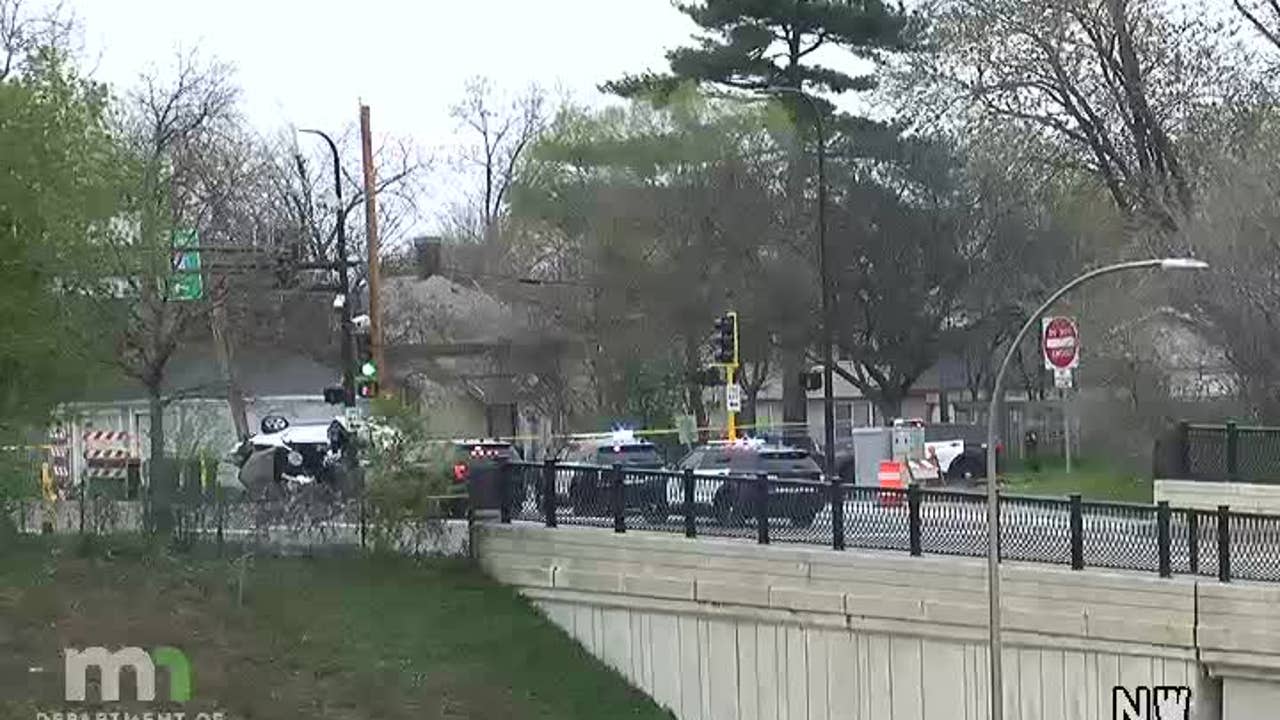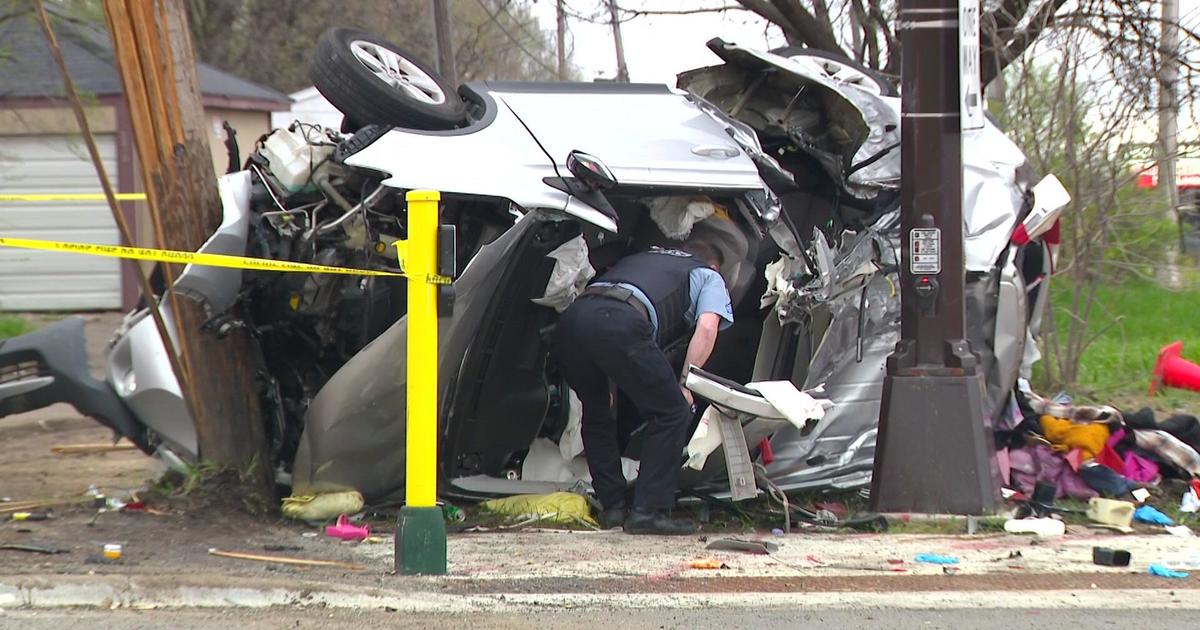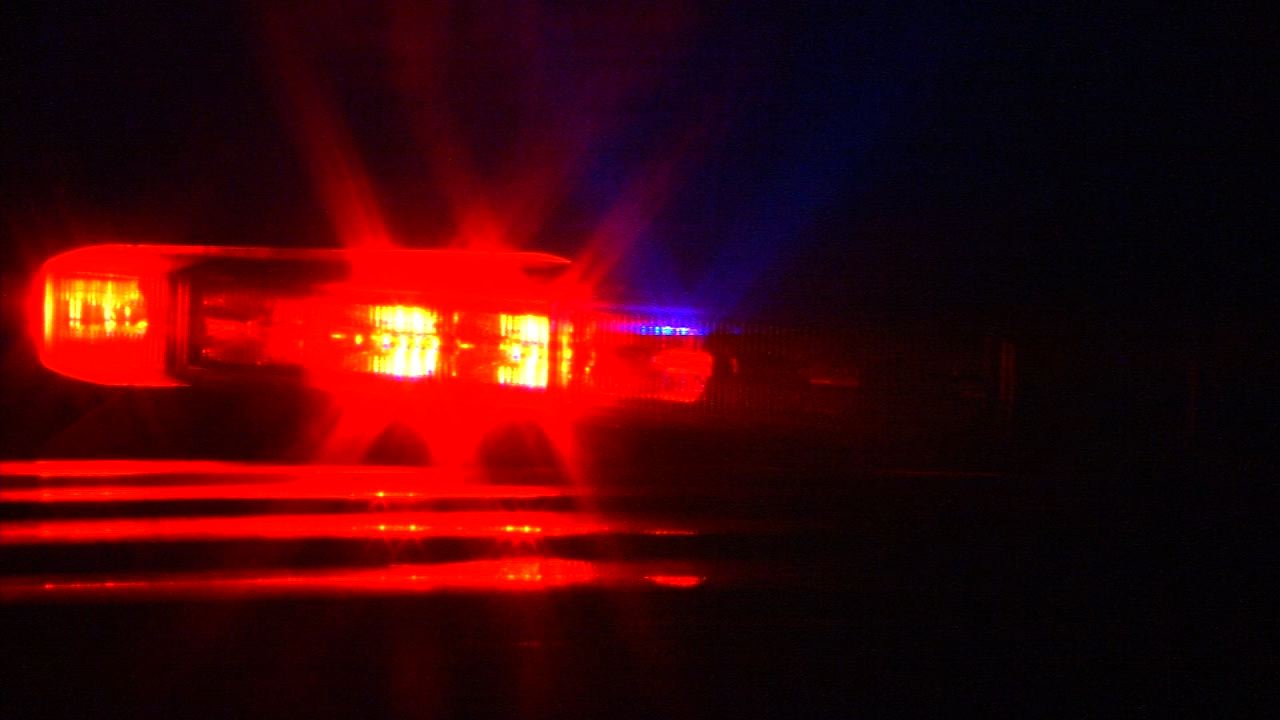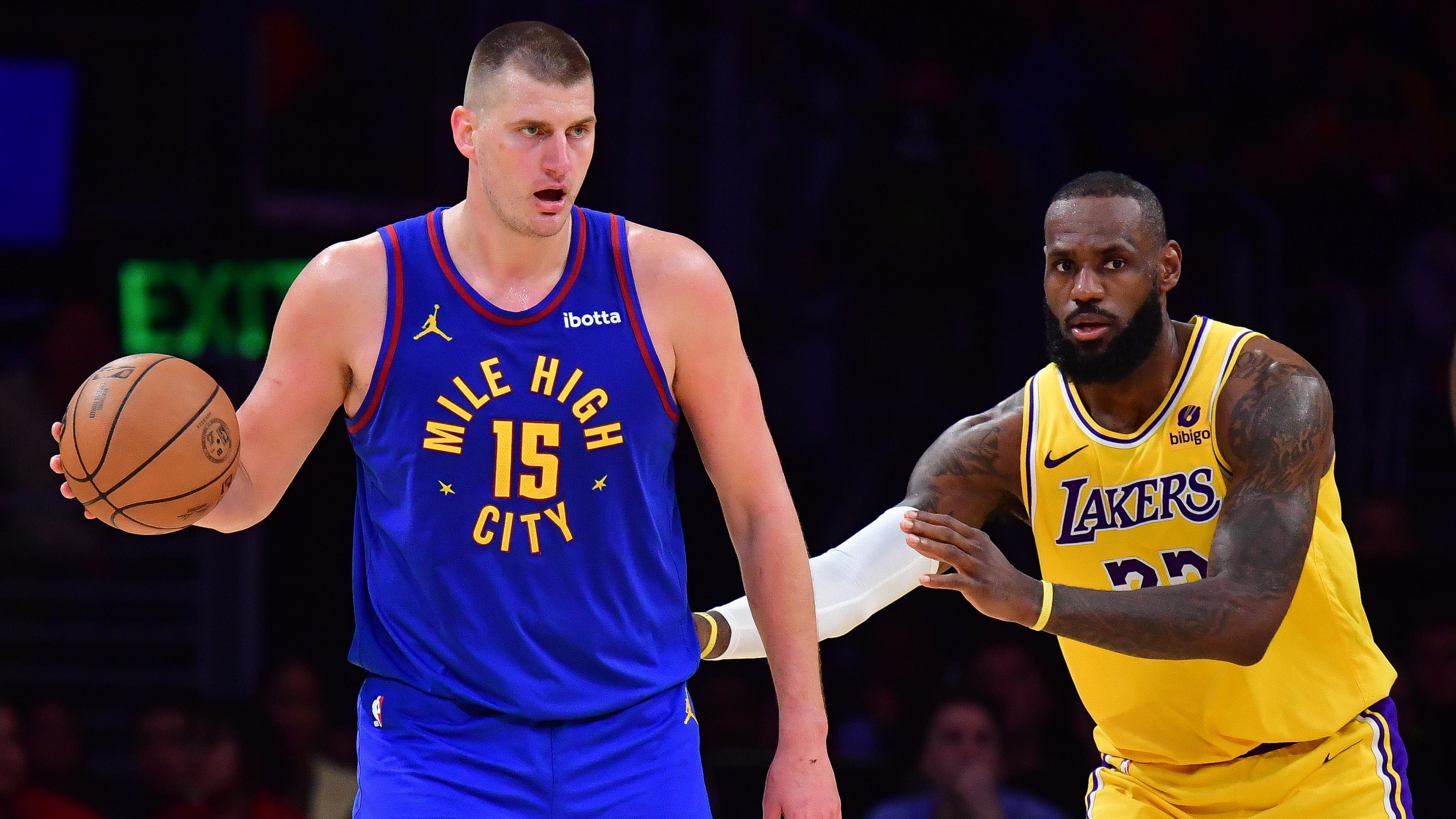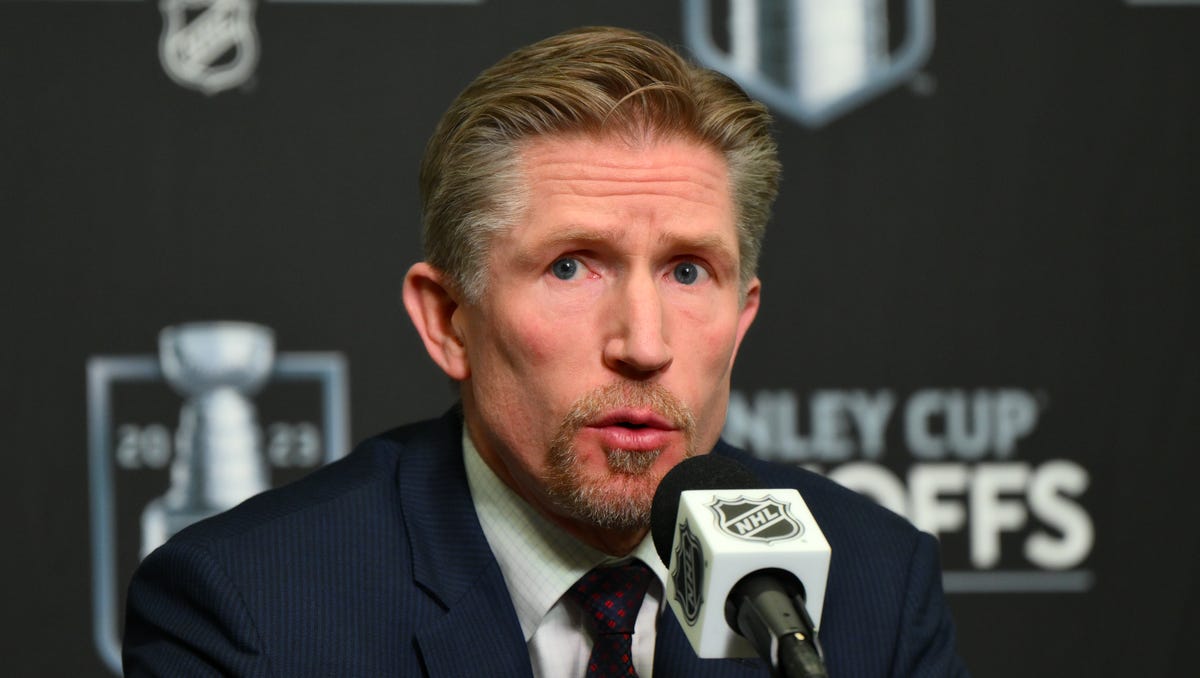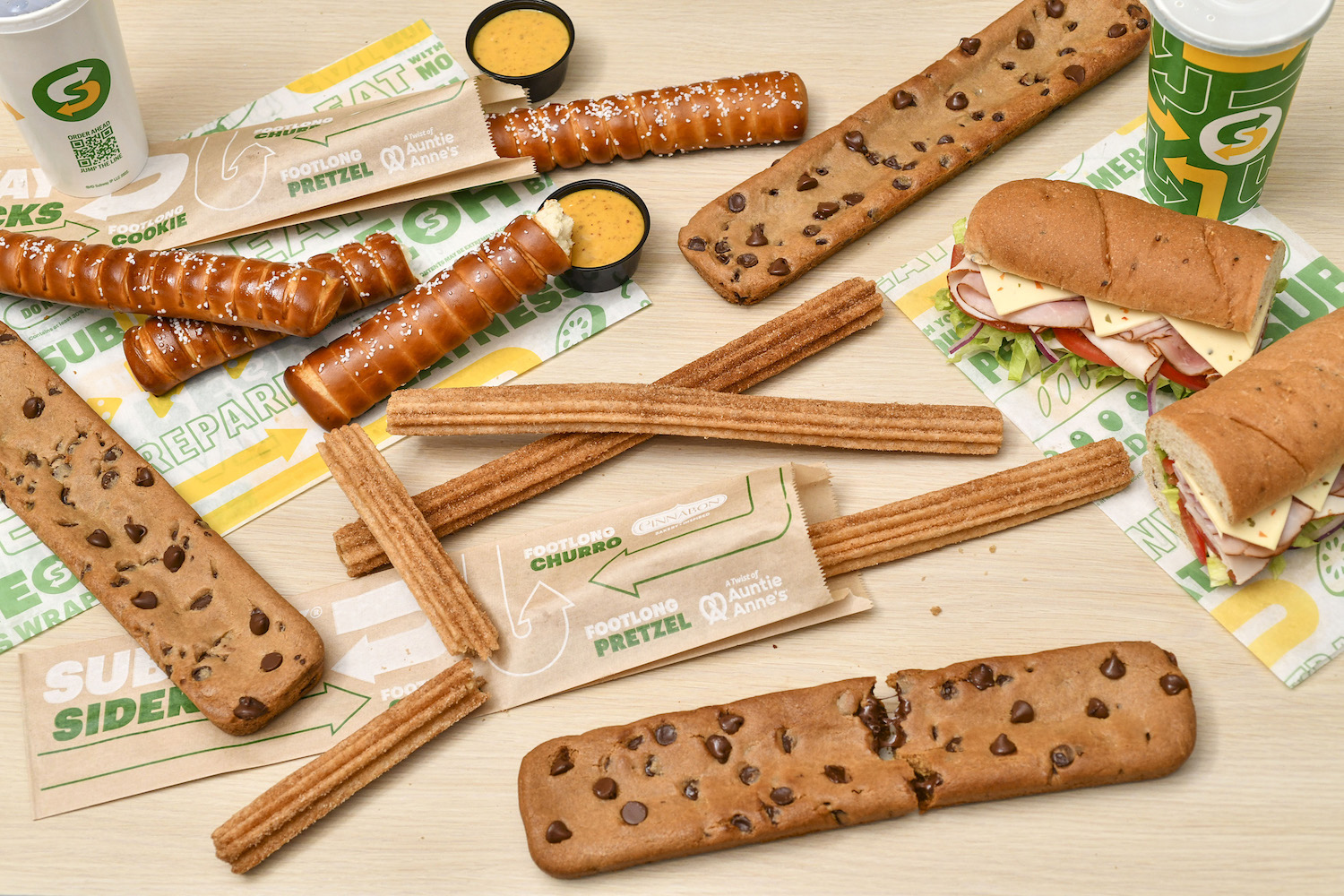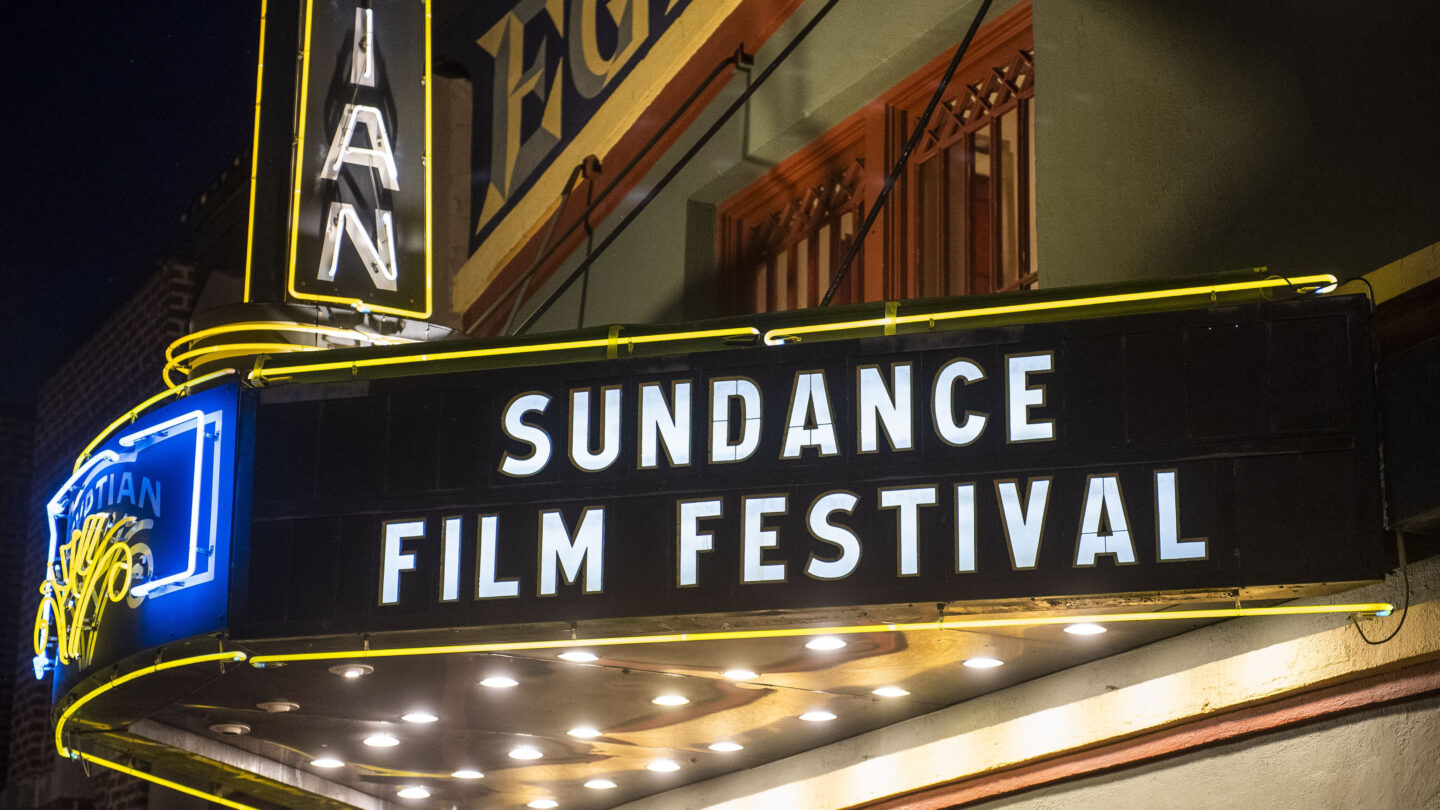Minneapolis, MN
2 children among 4 injured in multiple-vehicle crash in Minneapolis

Four people, including two children, were injured in a multiple-vehicle crash on Monday, according to Minneapolis police.
Preliminary information suggests that just before 6 p.m., the man driving the first vehicle was going west on Broadway Avenue Northeast and rear-ended a second vehicle, which was stopped at the University Avenue Northeast stoplight.
The second vehicle, with a woman and her 5- and 6-year-old children inside, was pushed into a third vehicle. Authorities say the third vehicle, occupied by a man and woman, was pushed into a fourth vehicle being driven by a man.
The Minneapolis Fire Department had to extricate the driver of the first vehicle, with officials suspecting impaired driving as a factor. The man was brought to Hennepin County Medical Central for non-life-threatening injuries and blood tests.
Police state that he will be booked into Hennepin County Jail for criminal vehicular operation after he is discharged from the hospital.
The woman and two children in the second vehicle were also brought to HCMC, with the woman having non-life-threatening injuries and both children having serious but apparent non-life-threatening injuries.
The occupants of the third and fourth vehicles were uninjured, according to Minneapolis police.

Minneapolis, MN
University of Minnesota is closing these 13 buildings ahead of pro-Palestinian rally
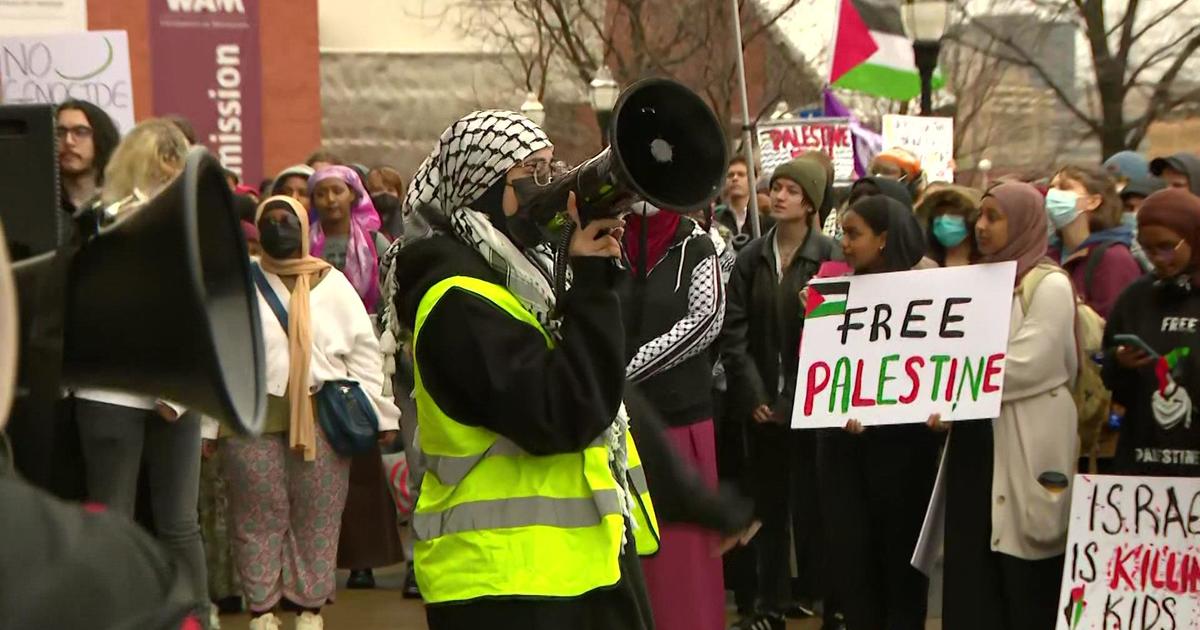
MINNEAPOLIS — Several buildings on the University of Minnesota’s East Bank campus in Minneapolis are closed on Monday due to more pro-Palestinian demonstrations organized by students.
U officials announced early Monday afternoon that 13 buildings were closed at 2 p.m.:
- Coffman Memorial Union
- Ford Hall
- Hasselmo Hall
- Johnston Hall
- Kolthoff Hall
- Morrill Hall
- Murphy Hall
- Northrup Auditorium
- Smith Hall
- Tate Lab
- Vincent Hall
- Walter Library
- Weisman Museum
All other East Bank campus buildings will only be accessible to those with U Cards.
Organizers from UMN Divest announced on the rally’s flier, “The time for escalation has come.” They’re calling for U students, faculty and community members to attend Monday’s rally, which started at 2 p.m. outside Coffman Union.
Protesters also demonstrated on campus over several days last week, with eight students and a faculty member arrested on Tuesday morning for setting up an encampment on the Northrup Mall.
Demonstrators are calling for the U to divest from companies they say are aiding Israel in its “ongoing genocide in Gaza,” including Boeing, General Dynamics, Honeywell and Lockheed Martin. They also want to ban those companies from recruiting on campus.
U officials released a statement on Monday’s rally and closures, saying in part:
“We recognize that with freedom of expression comes responsibility. Protesters are expected to uphold the safety of others, not interfere with normal campus operations, and adhere to student and employee conduct policies. We urge everyone who engages to remain nonviolent, peaceful, and follow both state laws and University policies, including restrictions prohibiting tents and encampments on campus. Discriminatory vandalism and defacements such as stickers and graffiti—some of which promote violence—are hurtful to many and violate University and Twin Cities campus policies.”
The Council of Graduate Students, an organization representing the U’s grad students, called the short notice ahead of Monday’s closures “unacceptable,” and described it as an “attempt to halt the exercise of free speech and a right to demonstration.”
“Not only are students, staff, and faculty being blocked from sites that they should have access to as members of this community, but additional steps like turning off water fountains and blocking restrooms show a commitment not to safety but to escalation against protesters,” the organization said in a statement.
Similar protests have spread across college campuses over the past few weeks, resulting in hundreds of arrests. Last week, Israeli Prime Minister Benjamin Netanyahu compared the protests to rallies in Nazi Germany.
The demonstrations at the U have been unnerving for many Jewish students who fear the rhetoric used by protesters could lead to violence.
A former U staff member is also suing the school after she says she was fired for posting a pro-Palestinian message on Instagram.
The Hamas-run Health Ministry says more than 34,000 Palestinians have been killed in the aftermath of Hamas’ attack on Israel on Oct. 7, 2023.
Last week, President Joe Biden signed an aid package to provide $26.4 billion to Israel.
This is a developing story. Stay with WCCO.com for more.
Minneapolis, MN
'There just aren't many places left': Why late-night options have dwindled in Minneapolis
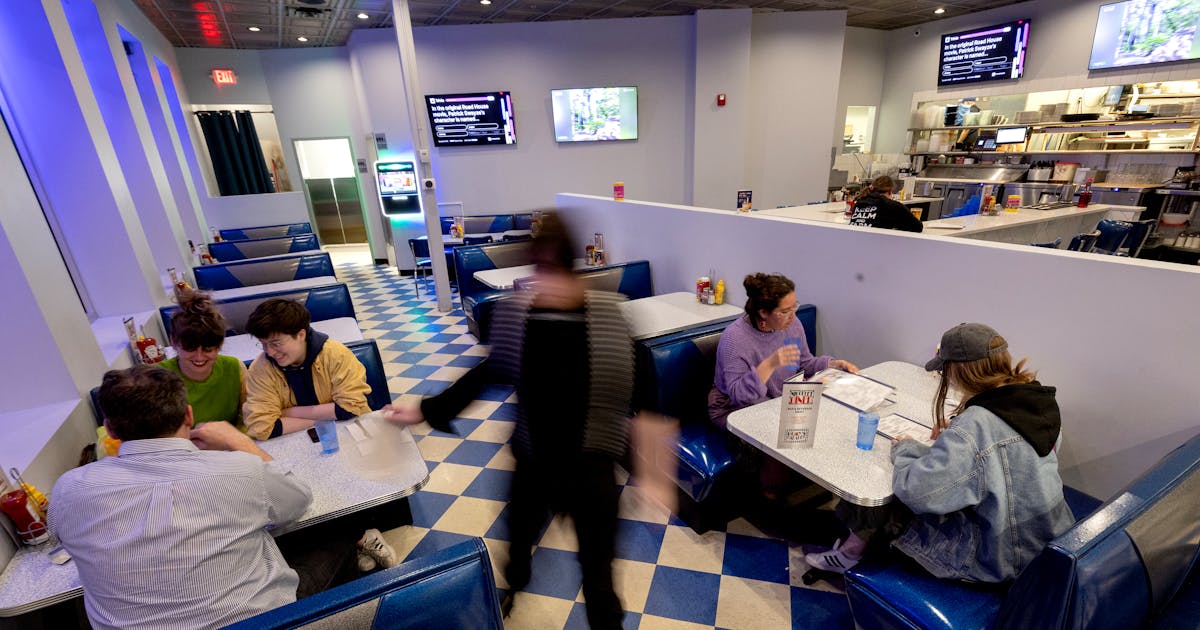
The small crowd eating wings and omelets at 3 a.m. inside the Nicollet Diner used to have a lot more choices if they wanted a casual overnight bite in Minneapolis. Now, this Loring Park spot is one of the only options in the city for a post-midnight meal.
“There just aren’t many places left to get something to eat this late,” said 25-year-old Myles Lamar on a Thursday after dark earlier this spring, seated with friends.
A growing number of Minneapolis businesses have pulled back on their late-night hours in the past couple of years, a trend that applies to grocery stores, convenience stores and restaurants that were once known for staying open all night, or at least close to it.
In interviews, managers, workers and a retail association president listed a few reasons for this drop in late-night offerings, including a decline in business, concerns over public safety and changes in consumer expectations in a post-pandemic world.
Sam Turner, the owner of the Nicollet Diner, said he also thinks it’s a troubling trend, and that it indicates Minneapolis isn’t offering the number of late-night amenities that should be expected in a major metropolitan city.
“If your flight lands in Minneapolis and you’re starving after checking into your hotel downtown at 3 a.m., you have zero options,” Turner said. “We’re an option, but that’s about the only one, and that’s just very rare for a city of our size.”
The change is also a blow to some who work nighttime shifts and hope to find something to eat other than fast food.
Sierra Jones, who had just finished her shift at a warehouse, was sitting with her husband at a booth at the diner around 2 a.m. They used to have a few go-to restaurants for a late-night meal, but their choices have narrowed to just the Nicollet.
“We could’ve gone to McDonald’s,” Sierra said, wincing at the thought, “but this is a good place to talk and we know the food is good.”
In Uptown, both the Walgreens on Hennepin Avenue and the Cub Foods on Lagoon Avenue switched in recent months from staying open overnight to closing at midnight. The Holiday gas station store, just north of Walgreens on Hennepin Avenue, recently backed up its closing time from 11 p.m. to 10 p.m.
At the Walgreens, overnight hours were removed in order to “accommodate customer and patient needs while optimizing staffing levels in the area,” a corporate spokesperson said in an email.
Walgreens employee Kendall Olivares said he isn’t sure what led to the reduction in hours, but he noted that staffing has been a challenge. There have also been instances where employees have felt unsafe approaching someone who is shoplifting, which Olivares said happens frequently. Since the reduction of hours in February, “a lot” of customers have told employees they miss the convenience of having a 24/7 Walgreens in the area.
The Uptown Diner, another late-night staple, curtailed its dine-in hours following the pandemic, and for the past several years only offered to-go food after 10 p.m. The diner resumed full 24/7 dine-in service this past summer when Taylor Swift performed in Minneapolis and created additional foot traffic, but that lasted only a few months, general manager Pablo Forero said. Earlier this month, the diner removed its overnight takeout option for Sunday through Thursday, and now goes dark after 11 p.m. on those days.
Forero said it didn’t make sense financially to continue offering late-night dine-in services due to a significant decrease in business.
“Ten years ago, I was seeing another ten- to fifteen-thousand dollars in a week,” Forero said.
With changes to the Uptown Cub Foods’ hours, all six locations in Minneapolis now close at midnight or 10 p.m. Some suburban Cub Foods stores, including in St. Louis Park and Bloomington, still stay open all night. Cub Foods’ owner, UNFI, said in a statement that the company reduced some stores’ hours as an “experiment to understand what would best serve customers.” The company did not answer additional questions.
The number of all-hours restaurants has also decreased nationwide by about 18% since just before the pandemic, according to data from Yelp. Los Angeles saw a much bigger drop, at 35%, while New York and Chicago saw more modest decreases. A quick Google search shows those cities still have significantly more round-the-clock restaurants than the Twin Cities.
Bruce Nustad, president of the Minnesota Retailers Association, said he thinks one factor is that consumers have become more accepting of a store changing hours since the COVID-19 pandemic forced most places to do so.
“Retailers just don’t always see as much pushback on hour changes that we used to, because consumers are more understanding and more flexible in their expectations,” Nustad said.
Some stores have also struggled to maintain enough staff, Nustad said, leading them to reduce hours to operate with a smaller workforce.
Concern about late-night crime is another factor.
“I’ve seen retailers say, ‘You know what? Instead of closing at 10, we’re going to close at 8 because we tend to see more problems in that later evening,’” Nustad said.
At the Uptown Diner, Forero said he thinks customers are becoming more concerned about crime in the area and are going to other parts of the metro to eat instead.
“It’s not like people ever steal from here or anything, but it does affect where people want to go out and eat,” Forero said.
Overall, violent crime decreased in Minneapolis in 2023. But in Uptown Diner’s neighborhood – Lowry Hill East – several crime categories spiked.
The neighborhood had 20 shooting victims last year, more than in any of the past five years. It has also seen a significant rise in gunfire reports, from 29 in 2019 to 109 in 2023. The number of aggravated assaults reached a five-year high, with 83 assaults in 2023.
Forero said it became necessary to pay for a security guard during the overnight hours, which made staying open late more costly. About a month ago, the diner did widen its hours, and now allows sit-down dining until midnight on Friday and Saturday and until 11 p.m. the rest of the week.
Turner offered a different opinion. He said it’s a false perception that Minneapolis has become especially dangerous, adding that he thinks a majority of city residents don’t have the same sentiment.
Instead, Turner said he thinks it’s important to have more foot traffic in the city and keep food establishments open late at night to combat that perception.
“If there were more activated spaces in downtown, I think that there would be a higher sense of safety when people come to visit,” he said.
Star Tribune staff writer Jeff Hargarten contributed to this story.
Minneapolis, MN
Flyers can travel from Regina to Minneapolis again on direct flights | Globalnews.ca
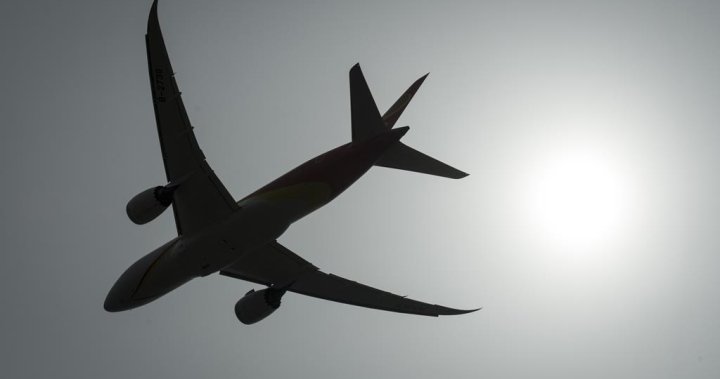
For the first time since 2016, flyers can now take a direct flight from Regina to Minneapolis.
Sunday morning was the first flight out of Regina’s International Airport where many passengers were eager to take the opportunity.
“I’m flying on business, and I prefer to go through an American hub …. because it’s much cheaper than going through Canada,” said passenger Dean Person. “Just over the years, that’s what I’ve found to be the case because I travel a lot for my work.”
Breaking news from Canada and around the world
sent to your email, as it happens.
Passenger Travis Ferstl, who is travelling to Texas, said a direct flight to a hub like Minneapolis, is a game changer.
“You don’t want to be stuck in an airport for 5, 6, 7 hours and in cases like this it cuts down on that layover time,” he said. “It gets you to your destination quicker so you can recover quicker and be ready for work the next day.”
The YQR director of revenue development and public relations said since the flights’ cancellation in 2016, bringing back direct hub flights was a top priority for the airport. “It’s important that we do have people use this flight because we want it to be successful and that speaks volumes both to WestJet and to other American airlines, that we continue to talk to about the viability of service here in Regina,” said Justin Reeves.
Regina joins Saskatoon International Airport in offering this direct flight to Minneapolis.
— with files from Moosa Imran
© 2024 Global News, a division of Corus Entertainment Inc.
-

 Kentucky1 week ago
Kentucky1 week agoKentucky first lady visits Fort Knox schools in honor of Month of the Military Child
-

 News1 week ago
News1 week agoIs this fictitious civil war closer to reality than we think? : Consider This from NPR
-

 World1 week ago
World1 week agoShipping firms plead for UN help amid escalating Middle East conflict
-

 Politics1 week ago
Politics1 week agoICE chief says this foreign adversary isn’t taking back its illegal immigrants
-

 Politics1 week ago
Politics1 week ago'Nothing more backwards' than US funding Ukraine border security but not our own, conservatives say
-

 News1 week ago
News1 week agoThe San Francisco Zoo will receive a pair of pandas from China
-

 World1 week ago
World1 week agoTwo Mexican mayoral contenders found dead on same day
-

 Politics1 week ago
Politics1 week agoRepublican aims to break decades long Senate election losing streak in this blue state
